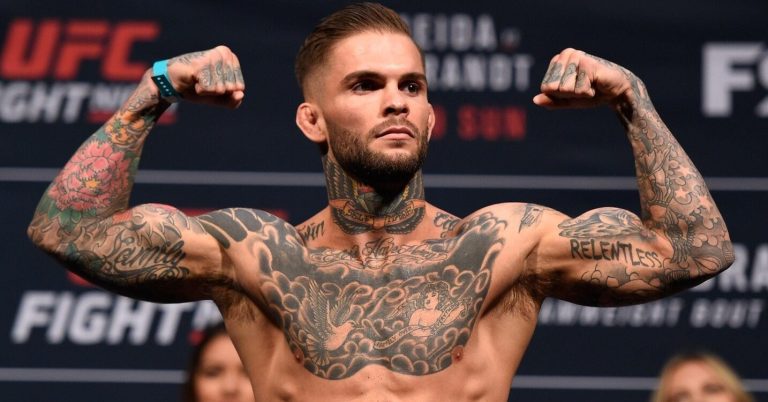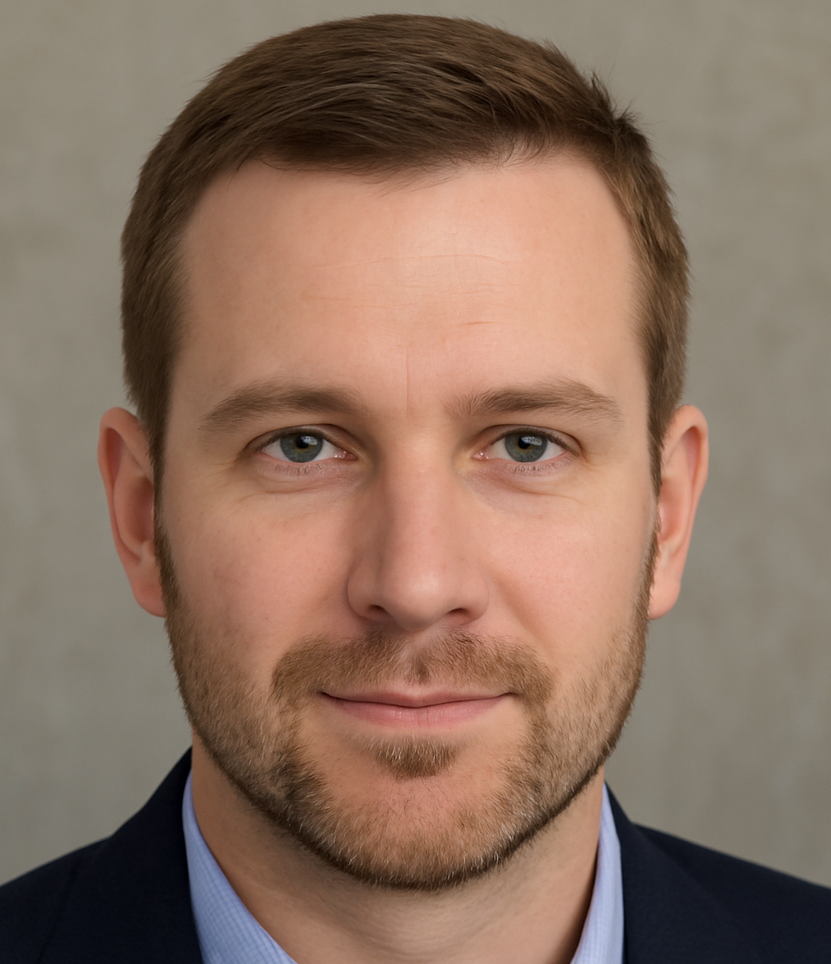When people think of the UFC, places like Las Vegas, Brazil, or even London might come to mind first. But over the past two decades, Germany has quietly built its own relationship with the sport of mixed martial arts (MMA). From the early days of curiosity and skepticism to modern times where German fans fill arenas and stream every card, the story of UFC’s rise in Germany is both fascinating and unique.
In this article, we’ll walk through the timeline of UFC in Germany, highlight key milestones, and explain how the sport has grown from underground discussions to mainstream recognition.
The Early Days: Curiosity and Resistance
Back in the early 2000s, UFC was still carving out its reputation worldwide. Germany wasn’t exactly the first country to embrace MMA. The sport’s violent image, combined with strict media regulations, made it a tough sell at first.
In fact, in 2010, German authorities went as far as to ban the broadcast of UFC events on television. Broadcasters like DSF (now Sport1) were forced to pull UFC programming due to concerns over youth protection and the sport’s level of violence. This decision created a temporary barrier for German fans who were eager to follow fighters on the global stage.
But here’s the interesting part: instead of killing interest, the ban actually fueled curiosity. Dedicated MMA fans in Germany found ways to stream events online, follow fighters on forums, and keep up with the UFC scene through international sources.
UFC’s First Footsteps in Germany
The UFC officially touched down in Germany in 2009 with UFC 99: The Comeback, held in Cologne’s Lanxess Arena. This was a huge moment—not only was it the UFC’s first event in Germany, but it was also their first full-scale show in mainland Europe.
The card featured some legendary names, including Rich Franklin vs. Wanderlei Silva in the main event. Over 12,000 fans packed the arena, proving that despite the TV restrictions, there was a passionate audience hungry for live MMA action.
A year later, in 2010, UFC returned with UFC 122 in Oberhausen, headlined by Nate Marquardt vs. Yushin Okami. Once again, German fans showed up in big numbers, further solidifying the country as an important European stop.
The Ban Years: A Setback for Growth
After these early successes, the TV broadcast ban cast a long shadow. With events off mainstream German screens, UFC struggled to build the same visibility it had in places like the UK, where fans could watch fights on Sky Sports.
Between 2010 and 2014, UFC events in Germany were limited, and local MMA promotions carried much of the weight in keeping the sport alive. Fighters like Dennis Siver, one of the most successful German UFC athletes, became a beacon of hope for fans. His performances inside the Octagon gave Germany someone to cheer for on the world stage.
A Turning Point: UFC Berlin and Renewed Momentum
Things began to change in the mid-2010s. The UFC pushed back into Germany with events like UFC Fight Night 41 (2014) in Berlin, where Gegard Mousasi fought Mark Muñoz. This event marked a turning point—attendance was strong, and digital streaming platforms were beginning to fill the gap left by TV bans.
In 2015 and 2016, UFC returned to Berlin and Hamburg, each time drawing solid crowds. By then, UFC had found new ways to reach German fans, especially through Fight Pass and later through deals with European sports broadcasters.
German Fighters Making Their Mark
One of the reasons UFC remained relevant in Germany is the presence of local fighters who kept fans invested.
- Dennis Siver: A featherweight veteran, Siver fought legends like Conor McGregor and BJ Penn. He remains one of the most recognizable German names in UFC history.
- Nick Hein: A former police officer turned lightweight fighter, Hein brought charisma and toughness, becoming a fan favorite in Germany.
- Abus Magomedov: More recently, Magomedov has represented Germany on the big stage, adding fresh energy to the country’s UFC connection.
Every time a German fighter stepped into the Octagon, it reignited local pride and gave fans a personal stake in the UFC story.
Modern Times: UFC in the Digital Era
Today, the landscape looks completely different. Streaming services like DAZN and UFC’s own Fight Pass have made events easily accessible to German audiences. The days of relying on highlight clips or online forums are long gone. Now, fans can watch live cards in HD, follow fighters on social media, and join global discussions instantly.
UFC’s brand is also stronger than ever in Germany. Events in Hamburg and Berlin have shown that the country can consistently deliver strong attendance, and German fighters continue to make their presence known in the UFC rankings.
Why UFC Popularity Keeps Growing in Germany
So, what’s driving this growth? A few key factors stand out:
- Accessibility of Content – Streaming platforms have opened the floodgates for fans.
- Local Heroes – German fighters give fans someone to root for.
- Fitness and MMA Culture – The rise of MMA gyms in Germany has introduced more people to the sport.
- Global Hype – As stars like Conor McGregor, Khabib Nurmagomedov, and Israel Adesanya gained fame, German fans joined the worldwide wave of UFC excitement.
Looking Ahead: UFC’s Future in Germany
The future looks bright for UFC in Germany. With MMA gyms growing in cities like Berlin, Hamburg, and Munich, a new generation of fighters is coming up. Meanwhile, broadcasters are more open to combat sports than they were a decade ago, giving UFC more opportunities to reach casual fans.
While Germany may not yet host as many UFC events as the UK or France, it remains one of the most important European markets. The combination of passionate fans, a growing fighter base, and improved access to broadcasts means the UFC’s German chapter is far from over—it’s only just beginning.
Final Thoughts
The history of UFC in Germany is a story of ups and downs, from government bans to sold-out arenas. What makes it special is how German fans stayed loyal even when access was restricted. Today, with modern streaming, local fighters, and a strong MMA culture, UFC is firmly planted in Germany’s sporting landscape.
And if the past is any indicator, the next decade could see even bigger events, more German talent in the Octagon, and a fan base that continues to grow stronger every year.


